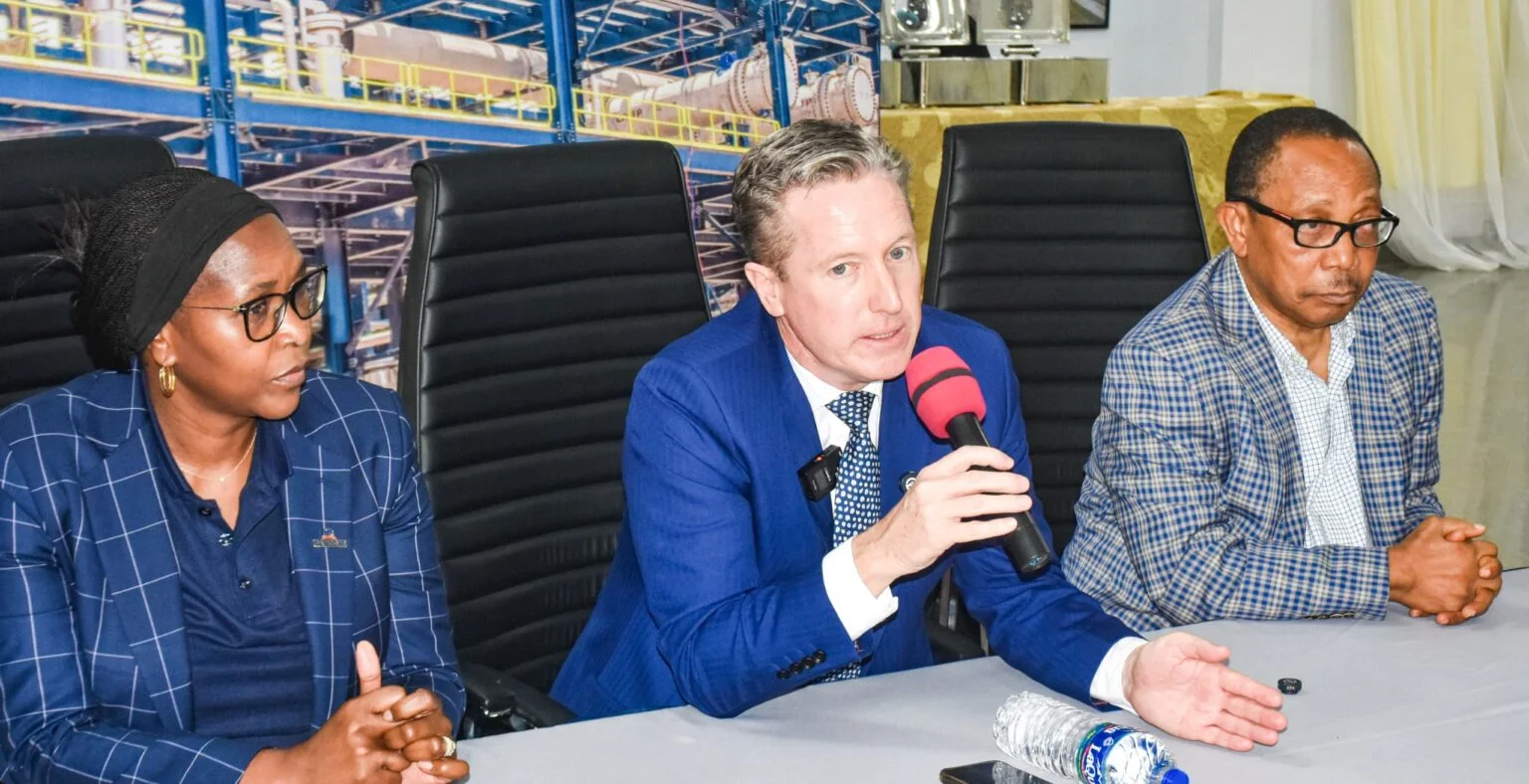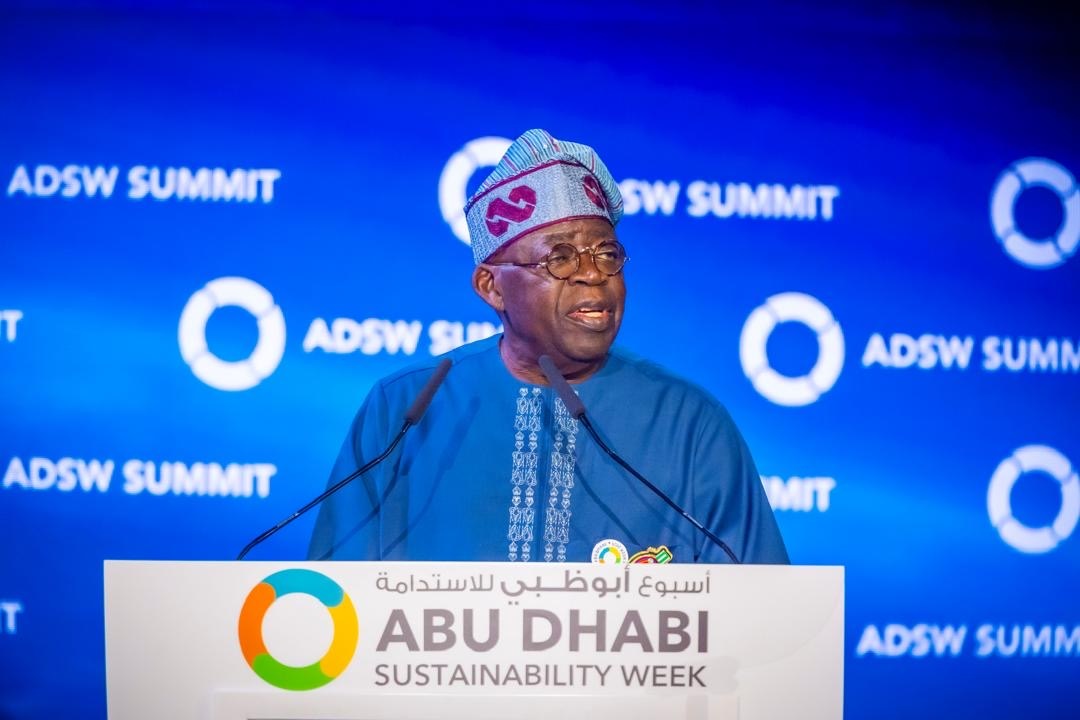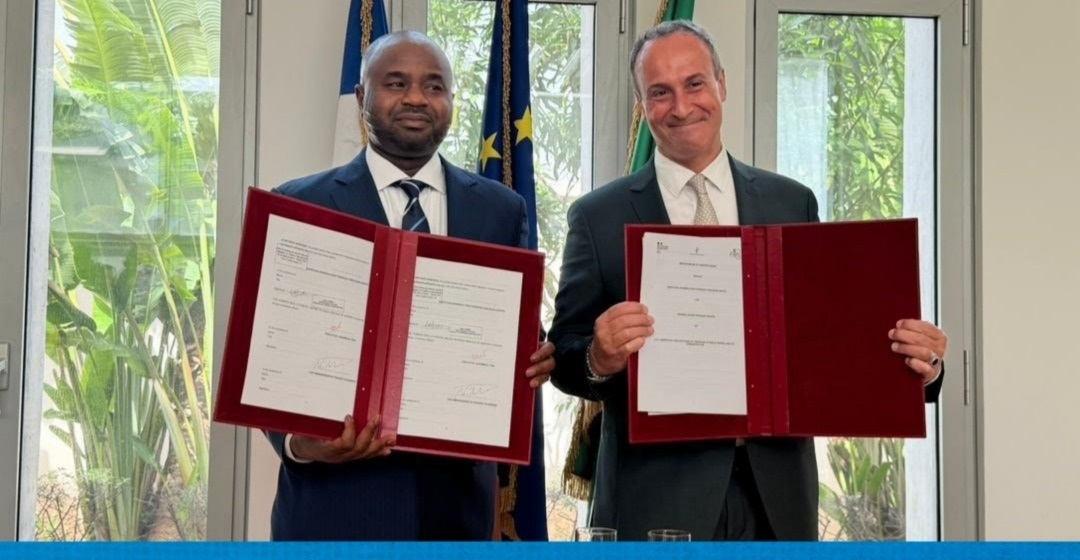The United States Agency for International Development (USAID), says it is partnering with the Federal Government to deliver impactful extension services to smallholder farmers in Nigeria.
The partnership also seeks to improve livelihoods, productivity, profitability and market access to smallholder farmers in the country.
The Minister of Agriculture and Food Security, Sen. Abubakar Kyari stated this at the National Impact Workshop on Innovative Market-led extension service delivery on Wednesday in Abuja.
The theme of the workshop is: “Innovations in Market-Led Extension Service Delivery in Nigeria”.
The exercise is being conducted in collaboration between the ministry and the USAID Feed the Future Agricultural Extension and Advisory Services Activity in Nigeria.
Represented by Dr Deola Lordbanjour, the Director of Extension Services in the ministry, Kyari described agricultural extension service as a strategic vehicle for delivering innovative, effective and innovative solutions to the doorstep of smallholder farmer.
“Without efficient, impactful and responsive pluralistic agriculture extension, we cannot transform agriculture in a way that Nigeria will be food sufficient.
“The impact of this collaboration spans new business solutions, enhanced business growth, and created jobs for both youth and women while boosting access to market for MSMEs and farmers,” he said.
He said the partnership had not only identified business solutions for the smallholder farmers, but also integrated innovative private extension delivery approaches in the National Agricultural Extension Policy and Agricultural Extension Teaching Manual.
According to Kyari, the documents will serve as reference materials for future projects in Nigetia’s agricultural sector.
Also speaking, Jean–Pierre Rousseau, Director, Winrock International, USAID, underscored the importance of extension service to farmers as well as the private sector.
He said that entrepreneurship, ingenuity and innovation coming from MSMEs demonstrated to the nation how the private sector extension services delivered through the MSMEs impacted on food security.
“How do we transform agriculture in Nigeria to achieve food sufficiency, particularly when our extension system relies on one extension agent serving 10,000 farmers?
“The heart of our solution lies in Nigeria’s remarkable spirit of entrepreneurship.
“Extension Activity, alongside our partners at the Federal Department of Agriculture Extension, has harnessed this spirit to transform extension services.
“The model of market-led extension provided through Micro, Small, and Medium Enterprises (MSMEs) represents the future of extension services in Nigeria.
“‘It is a solution to the vision for ensuring that Nigeria can achieve food self-sufficiency that every Nigerian has adequate food to meet their nutritional needs,” he said.
According to him, over 311 MSMEs are serving as change catalysts by bringing innovation, information and productivity enhancing inputs and services to the doorstep of over two million smallholder farmers.
He said the programme rolled out input credit models through the MSNEs that generated over 95 per cent repayment rates, and facilitated the flow of over N67 billion in financing to smallholder farmers.
Rousseau expressed confidence that Nigeria could become a powerhouse of innovation in smallholder service delivery.
Earlier, Mr Ayodele Olawumi, Director ll, Head of Division, Field Extension Services in the ministry, said the mission of the extension department was to provide effective and efficient demand-driven extension and advisory services to all categories of farmers, including youth and women.
“Our collaboration with the USAID Feed the Future Nigeria Agricultural Extension Activity has empowered MSMEs to deliver impactful agricultural practices to smallholder farmers, enhancing their productivity and income,” he said.
In a presentation, Dr Benjamin Odoemena, Chief of Party, USAID, said the progamme is a USAID funded five-year collaborative development initiative with MSMEs, to facilitate learning, replication and scale around alternate models of extension.
The programme, he said, also aim to increase access and adoption of improved agricultural technologies and practices for two million smallholder farmers in Benue; Cross River, Delta, Ebonyi, Kaduna, Kebbi and Niger. (NAN)
Food Security: USAID, FG Partner To Transform Extension Services





